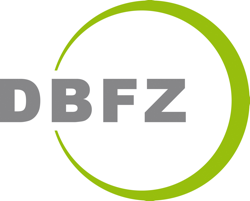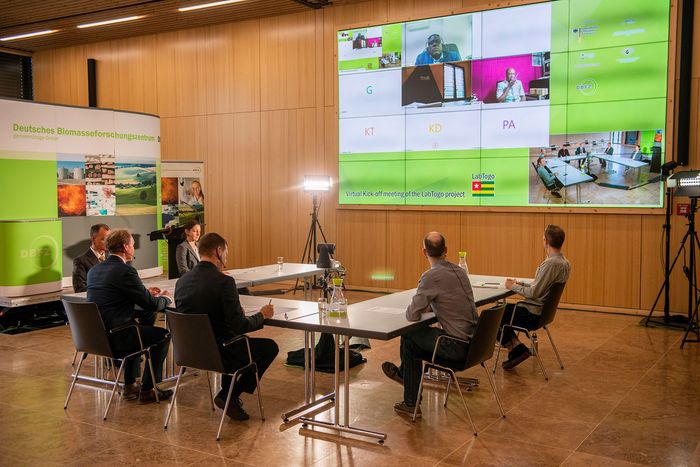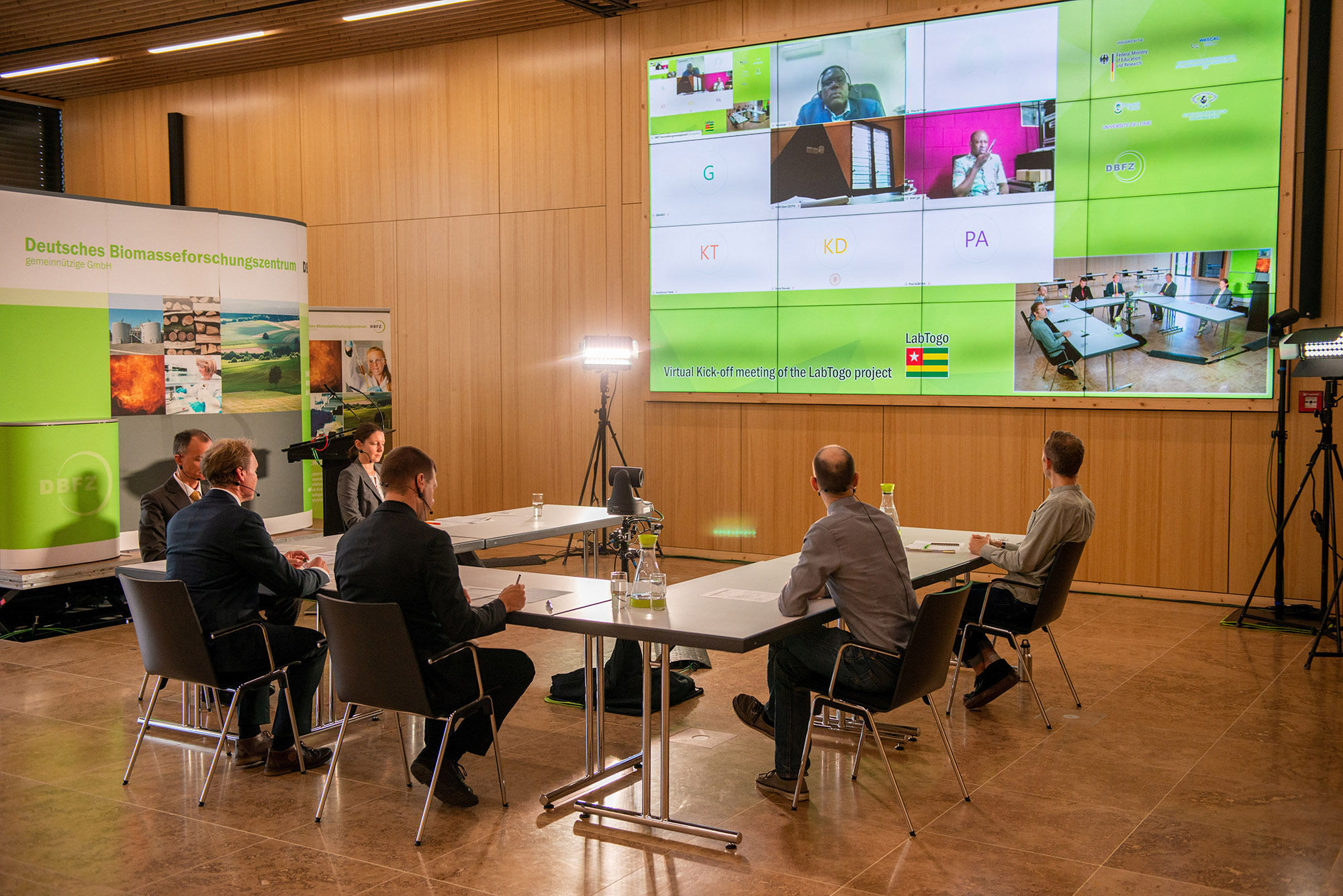Virtual Kick-Off: DBFZ launches major foreign project in the field of biogas and pyrolysis
Within the framework of a virtual kick-off meeting in the presence of the Togolese Minister of Education, the Secretary of State, the German Ambassador and numerous project participants, scientists from the DBFZ launched the DBFZ's largest foreign project to date in Togo. In the "LabTogo" project, a biogas laboratory is to be set up at the Togolese University of Lomé, pyrolysis burners on a ceramic basis developed at the DBFZ are to be manufactured and tested and African scientists trained at the DBFZ in Leipzig. The project is funded by the German Federal Ministry of Education and Research and runs for a period of four years until November 2023.
The project "Establishment of research activities and demonstration of technologies for the use of biomass potentials in Togo", in short "LabTogo", aims to make a significant contribution against climate change by establishing research infrastructure and knowledge transfer for the energetic use of biogenic organic residues and at the same time to reduce deforestation in the target region Togo. Against this background, the Leipzig scientists are pursuing the goal of evaluating alternative and renewable energy sources for rural areas together with Togolese partners and creating the basis for successful implementation.
"The research project is of great importance for the international activities of the DBFZ. There is a growing demand for energy in Togo, but the enormous potential of biomass has hardly been exploited so far. Since the challenges are similar in many West African countries, the LabTogo project will find resonance throughout the region," says Dr. Sven Schaller, coordinator for international knowledge and technology transfer. "We expect the project to provide innovative technologies that will promote the efficient energetic use of biomass in general and the Togolese biogas sector in particular. We hope that the Togo project will serve as a paradigm for similar activities and research and development in the entire West African region" adds Prof. Komi Agboka from the Togolese University in Lomé.
The project was initiated within the framework of the German Federal Government's Africa Strategy and the research network "West African Science Service Center on Climate Change and Adapted Land Use" (WASCAL), which was founded by the German Ministry of Education and Research in 2012. With the countries Benin, Burkina Faso, Côte d'Ivoire, Gambia, Ghana, Cape Verde, Mali, Niger, Nigeria, Senegal and Togo, eleven African countries with different priorities are already integrated into the network. While each country pursues regionally adapted research priorities on various aspects of climate change (biodiversity, water, land use, civil security or agriculture), bioenergy in particular plays a major role in Togo. Further information is available at: www.dbfz.de/en/labtogo
Smart Bioenergy – innovations for a sustainable future
The DBFZ works as a central and independent thinker in the field of energy and material use of biomass on the question of how the limited available biomass resources can contribute to the existing and future energy system with sustainability and high efficiency. As part of the research the DBFZ identifies, develops, accompanies, evaluates and demonstrates the most promising fields of application for bioenergy and the especially positively outstanding examples together with partners from research, industry and public. With the scientific work of the DBFZ, the knowledge of the possibilities and limitations of energy and integrated material use of renewable raw materials in a biobased economy as a whole should be expanded and the outstanding position of the industrial location Germany in this sector permanently secured – www.dbfz.de/en.


